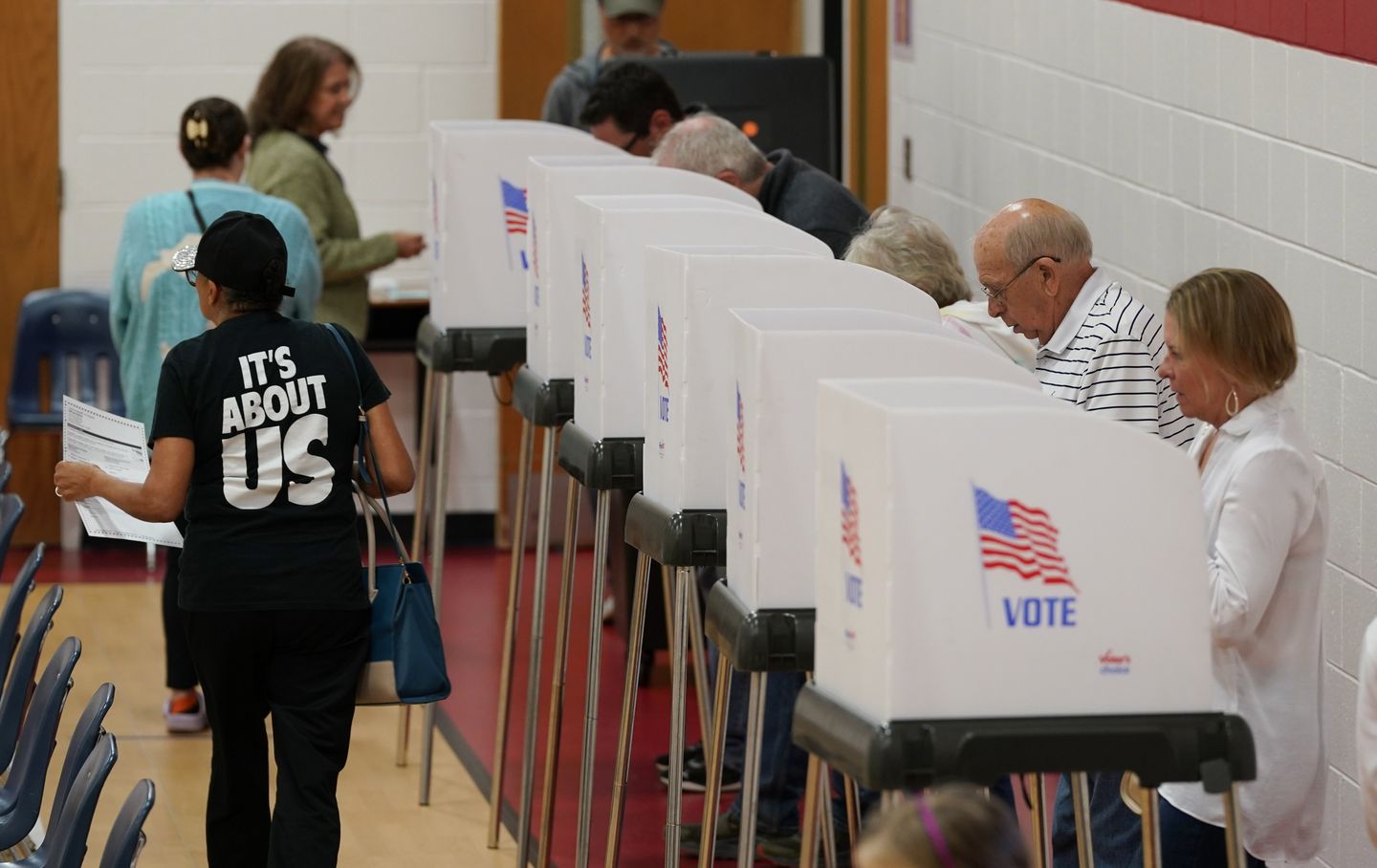Virginia’s ongoing battle to clean up its voter registration rolls took a major turn on Monday as state officials pleaded with the Supreme Court to intervene and allow them to remove 1,600 names of suspected noncitizens.
The controversy began when the state sent out letters to individuals believed to be noncitizens, informing them that they would be removed from the voter rolls unless they could prove their citizenship within a certain timeframe. This move sparked immediate backlash from civil rights groups and Democrats, who argued that the process was flawed and could lead to eligible voters being disenfranchised.
Virginia defended its actions by citing a state law that requires local election officials to remove noncitizens from the voter rolls. The state claimed that it had reliable data to identify these individuals and that removing them was necessary to ensure the integrity of the voting process.
However, the issue quickly escalated when several of the individuals targeted for removal filed a lawsuit challenging the state’s actions. A federal judge initially blocked Virginia from removing the names, ruling that the state had not provided enough evidence to justify the purge.
The case then made its way to the Supreme Court, where Virginia asked the justices to lift the lower court’s injunction and allow the state to proceed with its removals. The state argued that the federal judge had overstepped his authority and that Virginia had the right to enforce its own election laws.
The Supreme Court’s decision on whether to intervene in the case could have significant implications for voting rights in Virginia and beyond. If the justices side with the state, it could set a precedent for other states to aggressively purge their voter rolls, potentially disenfranchising thousands of eligible voters in the process.
On the other hand, if the Supreme Court upholds the lower court’s decision, it could send a message that states must carefully consider the impact of their voter purge efforts and ensure that they do not unjustly target eligible voters.
The debate over voter purges has become increasingly contentious in recent years, with Republicans arguing that they are necessary to prevent fraud and ensure the integrity of the voting process, while Democrats and civil rights groups warn that they can lead to voter suppression and disenfranchisement.
In Virginia, the issue has taken on added significance as the state prepares for a closely watched gubernatorial election. The outcome of the race between Democrat Terry McAuliffe and Republican Glenn Youngkin could hinge on voter turnout, making the accuracy of the voter rolls a crucial factor in determining the winner.
As the Supreme Court considers Virginia’s plea to remove suspected noncitizens from its voter rolls, the eyes of the nation will be watching closely. The decision could have far-reaching consequences for voting rights and the integrity of the electoral process, shaping the future of elections in Virginia and beyond.









